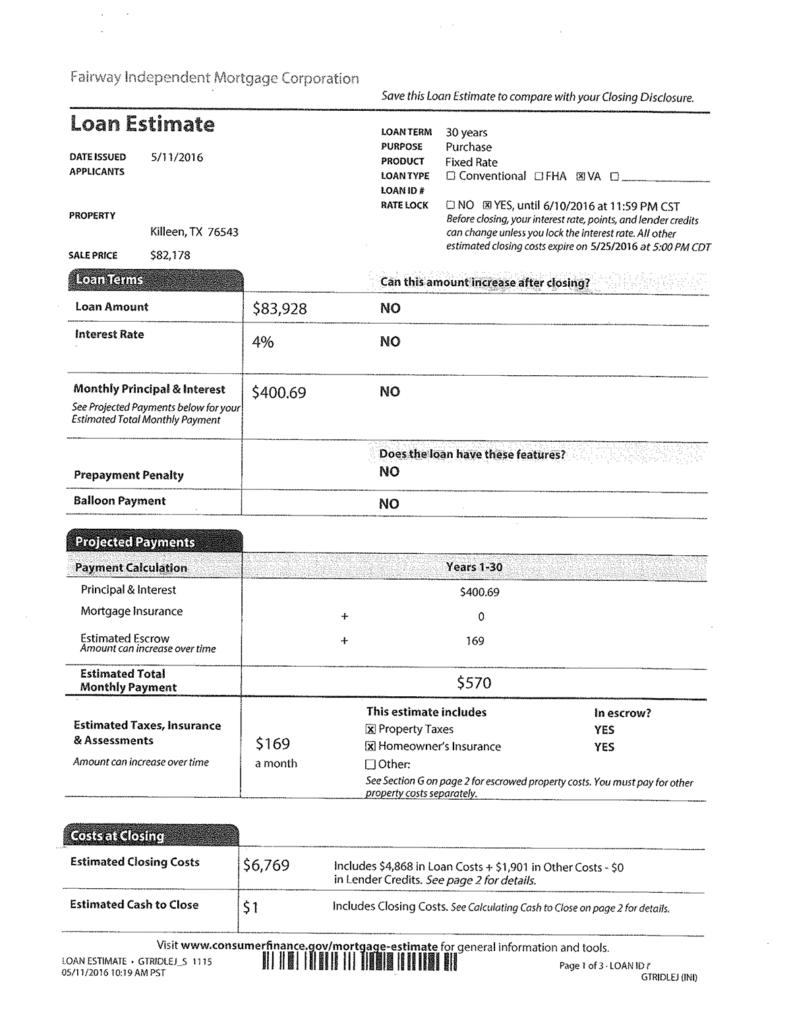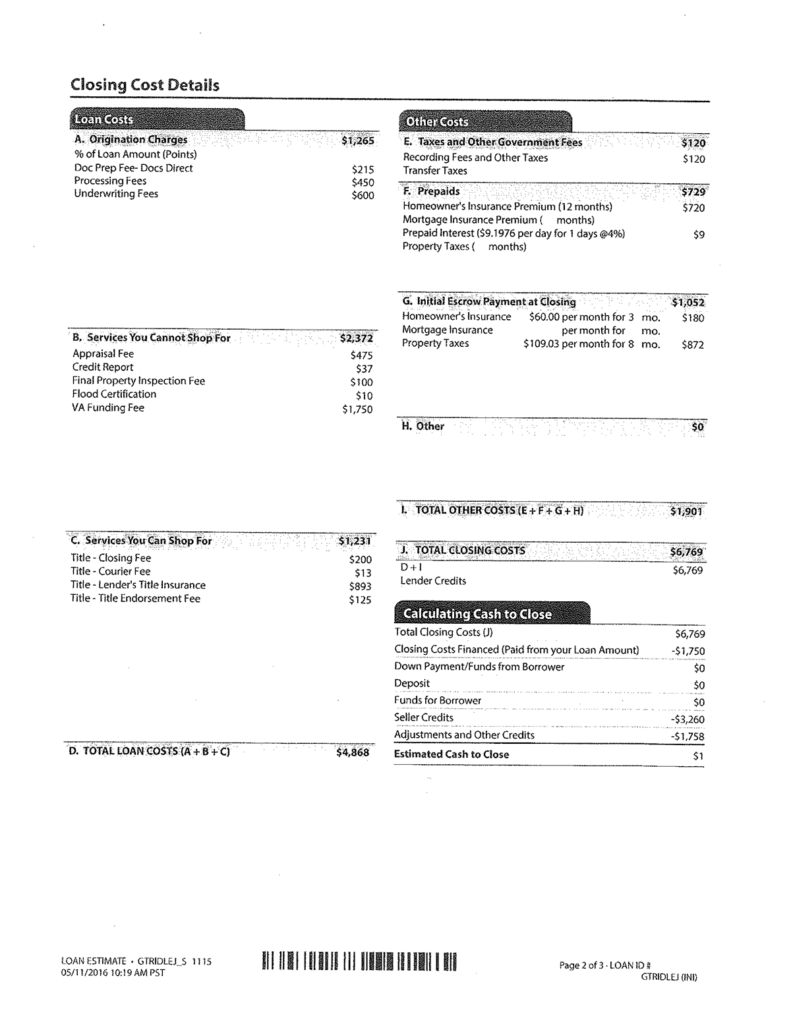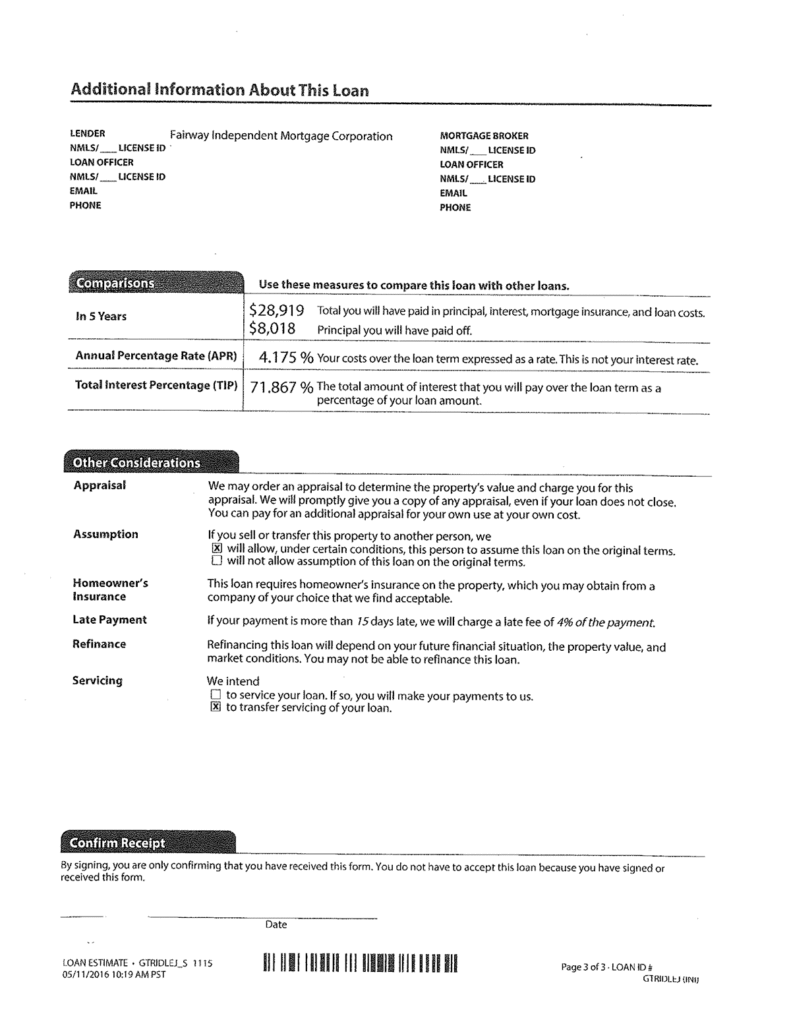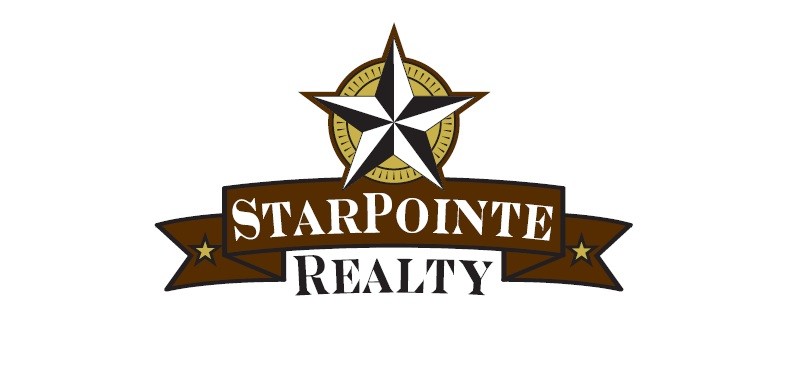Previous < Budget and BAH
The Fort Hood market is generally a very buyer friendly market in which the sellers often pay many of the closing costs. But buyers will still have a variety of costs and expenses – some optional, some not. Here is what you will need to consider when saving up to buy a home.
Down Payment
The major cost at closing is often the down payment. Depending on the loan type, there is a range of minimum down payments. VA and USDA loans include 0% down payment options. FHA loans are 3.5%. Conventional loans are usually 5%, though there are some lenders who do 3% down payments (for a higher interest rate).
Low down payments come at the cost of higher mortgage payments. If possible, coming up with a 20% down payment can sometimes be worth it, because you will not have to have mortgage insurance tacked onto your monthly payment.
Minimum Down Payment Examples
VA / USDA
$150,000
0%
$0
FHA
$150,000
3.5%
$5250
Conventional
$150,000
5%
$7500
Remember! Down payments and closing costs are not the same things. You will have closing costs in addition to your down payment.
Closing Costs
The closing costs do not include the down payment. These are the fees and optional services that are part of buying a home.
The vast majority of closing costs are lender related. This means that cash buyers can save a lot on the closing costs. As a rule of thumb, these costs are often approximately 3% of the purchase price. To get an accurate estimate of these fees, you need to get a Loan Estimate from your lender. Examples of these fees are:
- lender origination
- doc prep
- processing
- appraisal
- underwriting
- credit report
- flood certification
- escrow prepaids
In the contract, the buyer can negotiate with the seller to pay some or all of these closing costs. If you want your seller to pay all of your closing costs, get a Loan Estimate from your lender, which will have the estimated closing costs depending on the closing date and purchase price. You would request that amount from the seller to go toward your closing costs.
On this example Loan Estimate below, the buyer is expecting to bring $1 to closing (on Page 2 in the Calculating Cash to Close section), because the buyer negotiated for the seller to pay $3260 toward their closing costs.
Example Loan Estimate
Optional or Negotiable Items
Some closing costs not reflected above are either optional or negotiable. These are also costs that cash buyers would still run into, as they are not lender specific.
- Survey, sometimes required by lender, generally $450-$550
- Title Policy, required by a lender, amount fixed by the State of Texas
- Home Warranty, negotiable, often $550 for a year’s coverage for a single family home
- HOA transfer fees, negotiable, often $200-$300
Money Due Up Front
Great! So you’ve got $7500 for a down payment, and some spare cash just in case the closing costs run over or you can’t get the seller to agree to paying all of it. When do you need that money?
Not until closing. However, you will need the following amounts immediately and up front:
- Earnest Money. This is a negotiable amount in the contract that the buyer must deposit with the title company immediately when a contract is agreed to and executed. In the Fort Hood area, $500 is common, but so is $1000 or even 1% of the purchase price. Earnest money is refundable at closing or if the buyer walks away at any point for a valid reason in the contract.
- Option Fee. This is a negotiable amount in the contract that the buyer must deposit with the seller immediately when a contract is agreed to and executed. Unlike earnest money, it is not refundable unless you close on the home, and check the box saying it will be then refunded. The option fee pays for your inspection period. $50-$100 are common option fees in the Fort Hood area.
- Inspections. Any inspections the buyer wants to do are entirely at the buyer’s expense, and non-refundable. This is the cost of ensuring your home is not a lemon with hidden problems. A general inspection generally costs $250-$450. Depending on the results, you may want more specialized inspections, like foundation, roof, HVAC, well, septic, pool, etc. These can cost between $75-$350 and more, each.
Repairs
Maybe the home you are buying is not turn-key and move in ready. It is possible you will need a repair budget on hand after closing, especially if you are considering purchasing a foreclosure.
Repairs and improvements are of course optional and out of your pocket.
Getting a home warranty, if you didn’t successfully negotiate for one in the contract, can also be a help to make sure you have help if there are major repair surprises after closing.
Commissions
Who pays for your Realtor?
The seller does. When a seller puts their home on the MLS, they are agreeing to pay a buyer’s agent some amount for the transaction. Builders also pay the buyer’s agent commission.
The rare cases that a buyer might pay for their own agent include off-market properties like for-sale-by-owner properties or with off-market investor or commercial deals. Even then, it is possible for the buyer to negotiate with the seller to pay their agent’s commission.
Next > Find a Home





